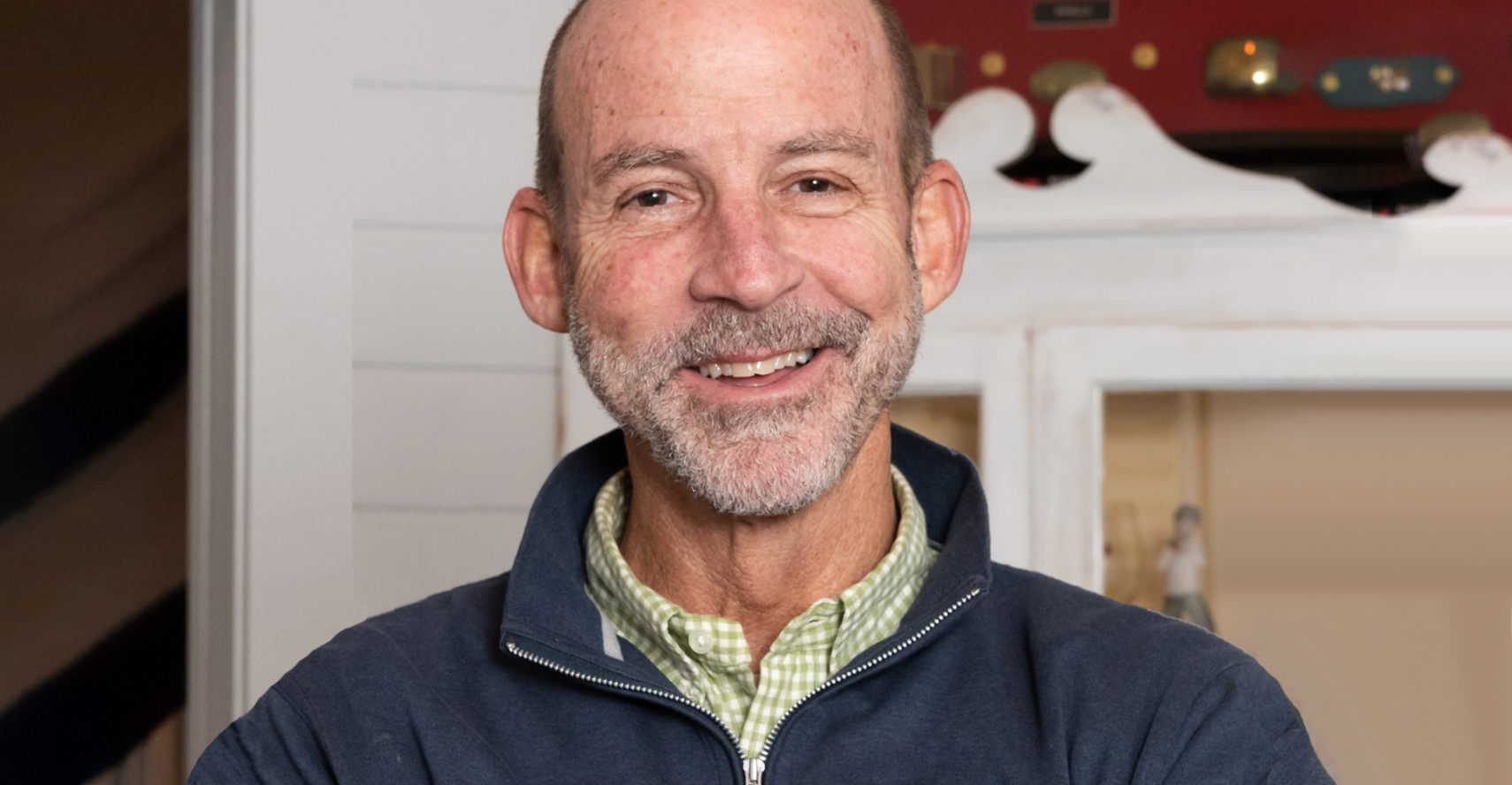Virginia Beach cancer survivor encourages HPV vaccine for all children, girls and boys
Tony Arnold, 58, is an active Virginia Beach resident who works for Virginia Beach City Public Schools and enjoys spending time with his wife and four adult children. Tony didn’t even realize a tumor had started to grow at the base of his tongue. He didn’t feel or see the tumor, or experience any painful symptoms, but a swollen lymph node led to the diagnosis of Stage 4 head and neck cancer as a result of Human Papillomavirus (HPV) in 2012.
HPV is the most common sexually transmitted infection (STI) in the United States. According to the CDC, almost everyone who is sexually active will get an HPV infection at some point during their life. And, like many other STIs, HPV infection often has no signs or symptoms. The infected person usually is not aware that he or she has been infected and can pass the infection to others.
After Tony’s confirmed cancer diagnosis, physicians from the Sentara Cancer Network and EVMS met in what’s called a ‘tumor board’ to develop a treatment plan.
“The best medicine is when all the doctors involved in casework together. They’re in the huddle together and know what the play is,” says Tony, a former high school quarterback.
Tony started receiving a combination of radiation and chemotherapy treatment at the Sentara-EVMS Comprehensive Head and Neck Center. His treatment worked as planned and Tony was diagnosed cancer-free in 2013. But, his shocking journey gave him a new mission in life and he is determined to advocate for the HPV vaccine for all pre-teens and teens—boys and girls.
“There was no vaccine when I was growing up,” Tony says. “If you can prevent cancer in your kids, why wouldn’t you do it?”
More and more families with pre-teen and teen girls are embracing the HPV vaccine. The CDC reports the vaccine has been proven to prevent the spread of cervical cancers caused by HPV by 40 percent and decreased HPV infections by more than 80 percent.
But, as Tony knows too well, the same encouraging vaccination message should also be shared with boys of the same age.
The Sentara Medical Group follows the American Academy of Pediatrics (AAP) and Centers for Disease Control (CDC) vaccination guidelines that recommend children get two doses of the HPV vaccine at ages 11 to 12, or 3 doses during the teen years if they missed getting it earlier. Children can get vaccinated at any time between the ages 9 – 26, but it is recommended to receive the vaccine before they become sexually active.
“We discuss the HPV vaccine with children in their tween years, with the goal of being vaccinated by the age of 13,” said Sentara Pediatrician Dr. LaGora Brooks. “The conversations are typically well-received and parents understand I am providing the information for them to make a well-informed decision.”
Sentara Healthcare is participating in the second annual HPV Awareness Week: “Us vs. HPV” January 27-31, 2020, organized by members of the American Medical Women’s Association, the Global Initiative Against HPV & Cervical Cancer, the American Head & Neck Society, the American Cancer Society and the World Health Organization.
HPV is a prevalent virus in the Hampton Roads community. So much so that Sentara Healthcare applied for and received a grant from the American Cancer Society to better educate the community on prevention, vaccination and health issues associated with the virus.
